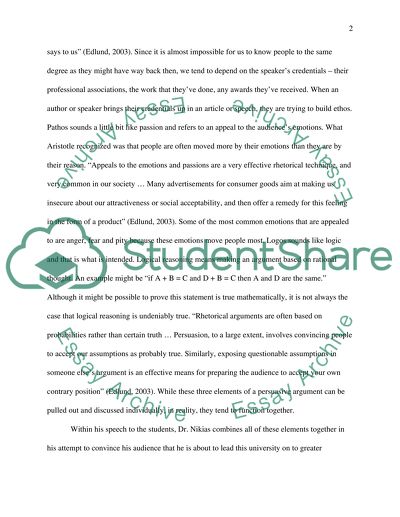Cite this document
(“Aristotle and Modes of Persuasion Essay Example | Topics and Well Written Essays - 2000 words”, n.d.)
Retrieved from https://studentshare.org/philosophy/1409267-aristotle-and-modes-of-persuasion
Retrieved from https://studentshare.org/philosophy/1409267-aristotle-and-modes-of-persuasion
(Aristotle and Modes of Persuasion Essay Example | Topics and Well Written Essays - 2000 Words)
https://studentshare.org/philosophy/1409267-aristotle-and-modes-of-persuasion.
https://studentshare.org/philosophy/1409267-aristotle-and-modes-of-persuasion.
“Aristotle and Modes of Persuasion Essay Example | Topics and Well Written Essays - 2000 Words”, n.d. https://studentshare.org/philosophy/1409267-aristotle-and-modes-of-persuasion.


